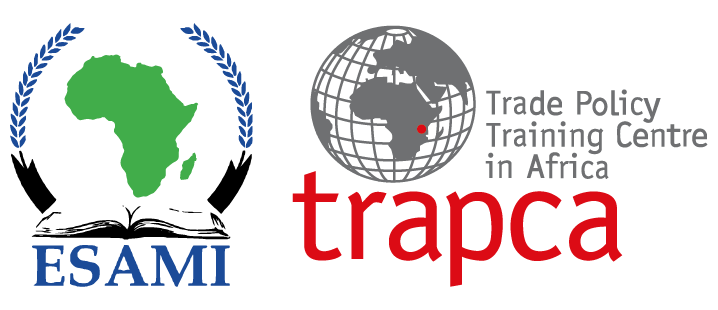Course Description
The course focuses on fostering green trade and trade policy priorities for sustainable supply chain and environmental management. Environmental challenges are driving a re-think of the production and supply chain. Sustainability has taken centre stage of the mainstream attention and while trade and climate topics are increasingly intersecting. Trade is not without environmental challenges which has increased the need for standards and their market access implication. There is therefore a need to identify practical ways trade can support the transition to a greener global economy. Focus should now be on shifting towards aligning trade and investment with Sustainable Development Goals. Efforts must now be made to ensure that international trade supports environmental action, alongside continued growth. The course discusses how to use trade facilitation mechanisms to support environmental goals and outlines how trade rules could be further deployed for a greener global economy to respond to the public and private-sector leaders’ increased interest in how trade policy can deliver on global challenges. The course will reinforce that it is incumbent on trade policymakers, implementation arms and advocacy groups to show policies can be compatible with sustainable development and with efforts to protect and preserve the environment.
Objectives of the course
Content
Target
The programme is targeted at government departments and civic organisations that are responsible for policy advocacy, policy making and implementation and who need to upskill themselves in the need for climate-neutral trade policies and regulatory framework to prepare for the new realities of the need for policies to make them the frontrunners in the global transition to climate neutrality. The course also acquaints border regulatory agencies with current green trade facilitation and International green trade rules and regulations which may be tailor-made and demand-driven to suit the needs of participants.
Duration
1 Week
Venues
a.) Venue 1: Online
Date: 5 – 16 August 2024
b.) Venue 2: Arusha
Date: 14 – 18 August 2023
Course Fees
$1,250
